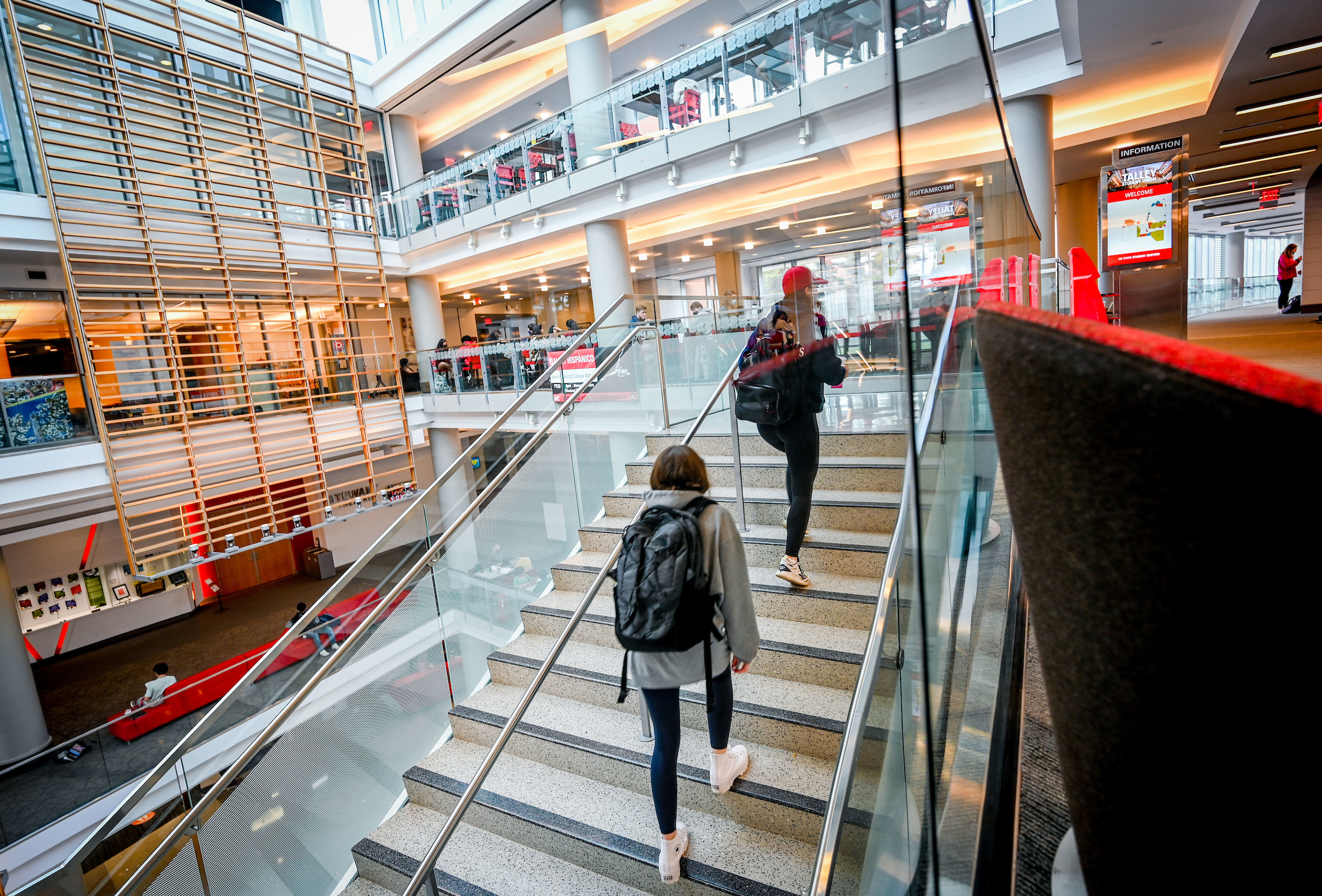
The Collegiate Recovery Community
The Collegiate Recovery Community (CRC) at NC State is a staff-supported, student group for those who identify as in recovery or who are sober-curious. The CRC seeks to connect students to one another, foster their collegiate success, and provide the opportunity for students to have an alternative college experience. The CRC is open to all pathways of recovery!
Collegiate Recovery Community Events
Throughout the fall and spring semesters, the CRC hosts the following events:
- Weekly support meetings for club members
- Weekly Fun Friday events open to the community
- Overnight retreats each semester with other collegiate recovery programs
- Volunteer opportunities
- Opportunities for student involvement through tabling, trainings, and social campaigns
We Promote the Success of the Whole Student
The CRC is not a clinical treatment program; rather, it is a recovery program based on social support and community resources. Staff can connect students to campus and community resources through referrals, assist with their transition to NC State, and help them find a community of support that will help them navigate sustained recovery in college. The CRC supports all pathways to recovery and defines recovery as a lifelong commitment to pursuing optimal health and well-being.
Recovery is…the miracle of discovering how to live sober. It takes a lot of hard and uncomfortable work, but my life is truly amazing. Recovery IS possible, and community is where it starts.
Hannah
Collegiate Recovery Community Student
Benefits of Collegiate Recovery Communities
Collegiate Recovery Communities offer a supportive, safe place for students in recovery to meet their educational goals in a substance-free environment. CRCs allow students to attend college without jeopardizing their recovery (Hazelden Betty Ford Foundation, 2022).
Research demonstrates that students who participate in collegiate recovery programs are less likely to return to use and more likely to experience a supportive social network (Botzet et al., 2007; Cleveland & Groenendyk, 2010; Wiebe et al., 2010). Moreover, CRC students experience more academic success than those who do not; including higher GPAs, increased likelihood to graduate (Laudet, 2013).
Collegiate Recovery Community gives students the chance to learn more about different recovery pathways from other students, reinforcing skills that help recovery work. Additionally, students are granted the opportunity to learn about other campus resources that promote wellbeing.